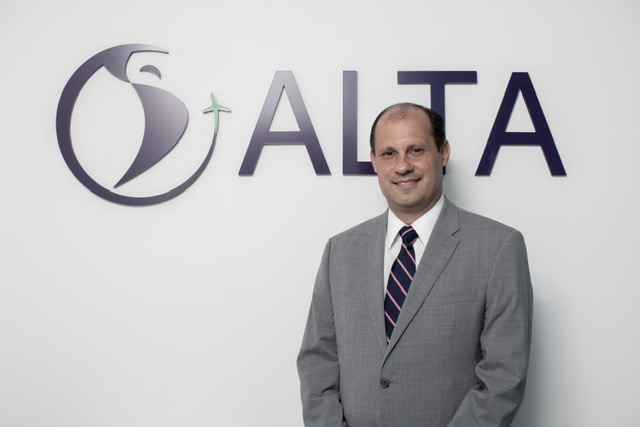By Jose Ricardo Botelho, Executive Director and CEO of ALTA
We have reached one and a half months of the long-awaited 2021. A year full of hopes with the beginning of the COVID-19 vaccines global distribution and prospects of recovering step by step in-person activities after a 2020 with human and economic losses, as well as a heavily impacted aviation industry.
According to ICAO data, in 2020 there was a 50% overall reduction in seats offered by airlines around the world vs. 2019, and a 60% reduction in passenger traffic with 2.69 billion fewer passengers from 2019.
In our region, we estimate a 59.2% reduction in passenger traffic vs. 2019, totaling 177.3 million passengers carried in the year, largely in domestic markets and in those that did not stop operating throughout the year, representing 60.3% of total traffic.
Meanwhile, the UNWTO estimates decreases from international tourism revenues of between USD $910 billion and USD $1.17 trillion in 2020, as a result of travel restrictions in 100% of destinations globally.
Our industry reached its most difficult time. So, as challenging as it was for all of us, I am proud of being part of this sector that responded with resilience, creativity and commitment. Looking back, I salute the extraordinary efforts made by the professionals who belong to our industry and who played a key role in continuing to ensure an essential service to the population, in an excellent and safe manner.
The aviation industry has always placed safety as its number one priority, and now biosafety is also its top priority. The technologies and protocols of our operation make flying the safest means of transport. Several studies have shown that cabin air is filtered more often than hospital air, so there is virtually no chance of becoming contagious on an aircraft when biosafety protocols are met, and the entire value chain has been aligned to make the travel experience even safer.
Recovery will take time and a great deal of effort, but I am convinced that this year we will be able to regain the confidence and so many of the spaces we have lost because of the pandemic. In order to do so, it will be essential to maintain globally standardized biosafety protocols, to weigh the risks in a balanced way, and to apply effective contagion control mechanisms as vaccination campaigns proceed, without further damaging the weakened economy.
ICAO estimates show that by June 2021 we could reach a 30% to 50% reduction in global passenger traffic compared to 2019 levels. This is a positive indicator vs. the 60% reduction we reached in 2020. It won’t be a quick process, but we are moving forward and we will do so together.
The International Monetary Fund projects that the world economy will grow by 5.5% in 2021, an increase of 0.3 percentage points over previous predictions, thanks to the advent of vaccines and additional policy support in some large economies. In our region, the projection estimates a 4.1% growth. Reactivation is a reality and will have a positive effect on the socioeconomic wellbeing of the population.
It will not be a clean slate, however, we know the conditions under which the industry is currently operating and we will be able to make a difference with the decisions we make -industry-government- to reactivate this sector that creates millions of jobs and brings about wellbeing all over the world.
Thank you for reading.

